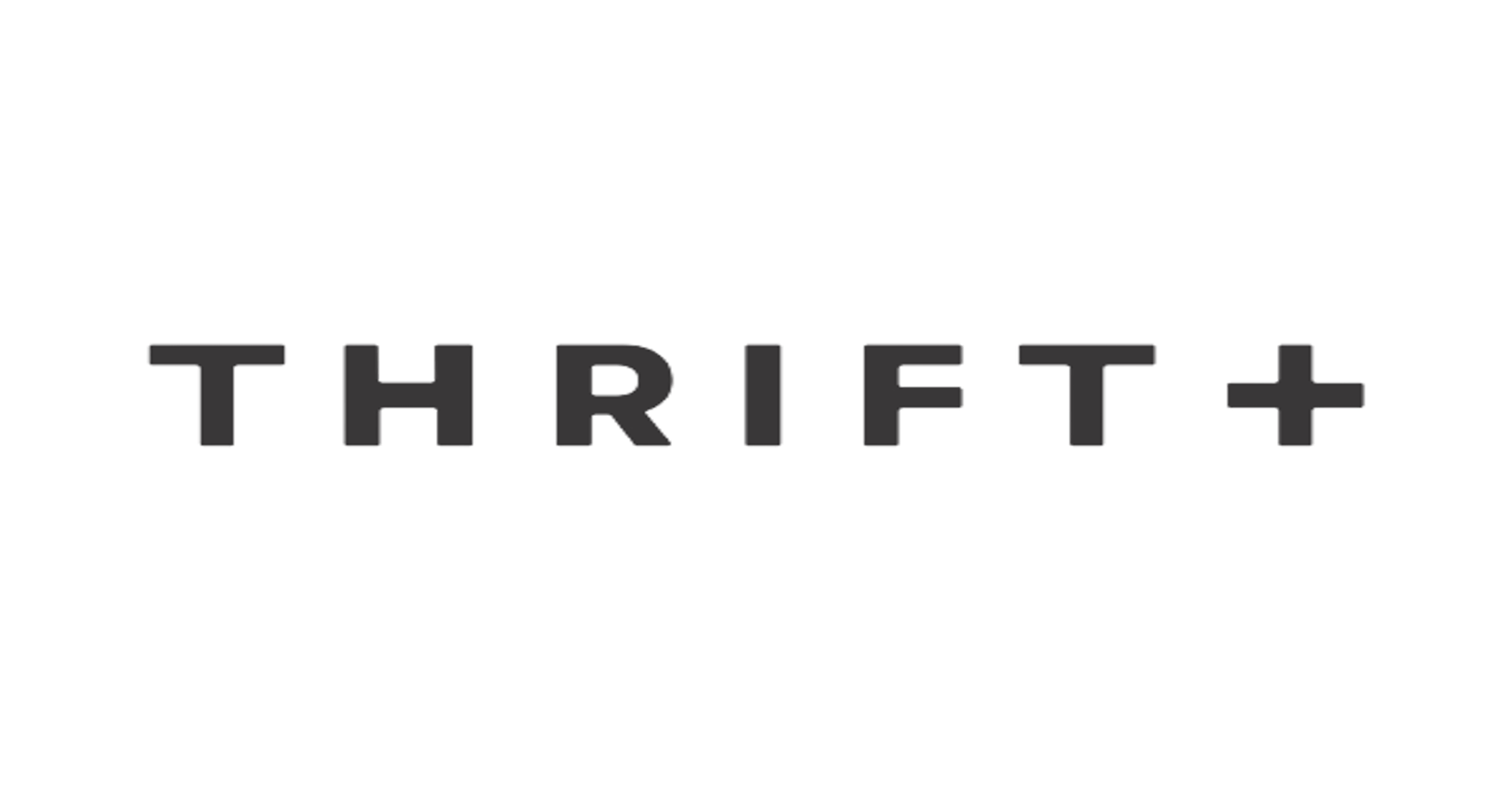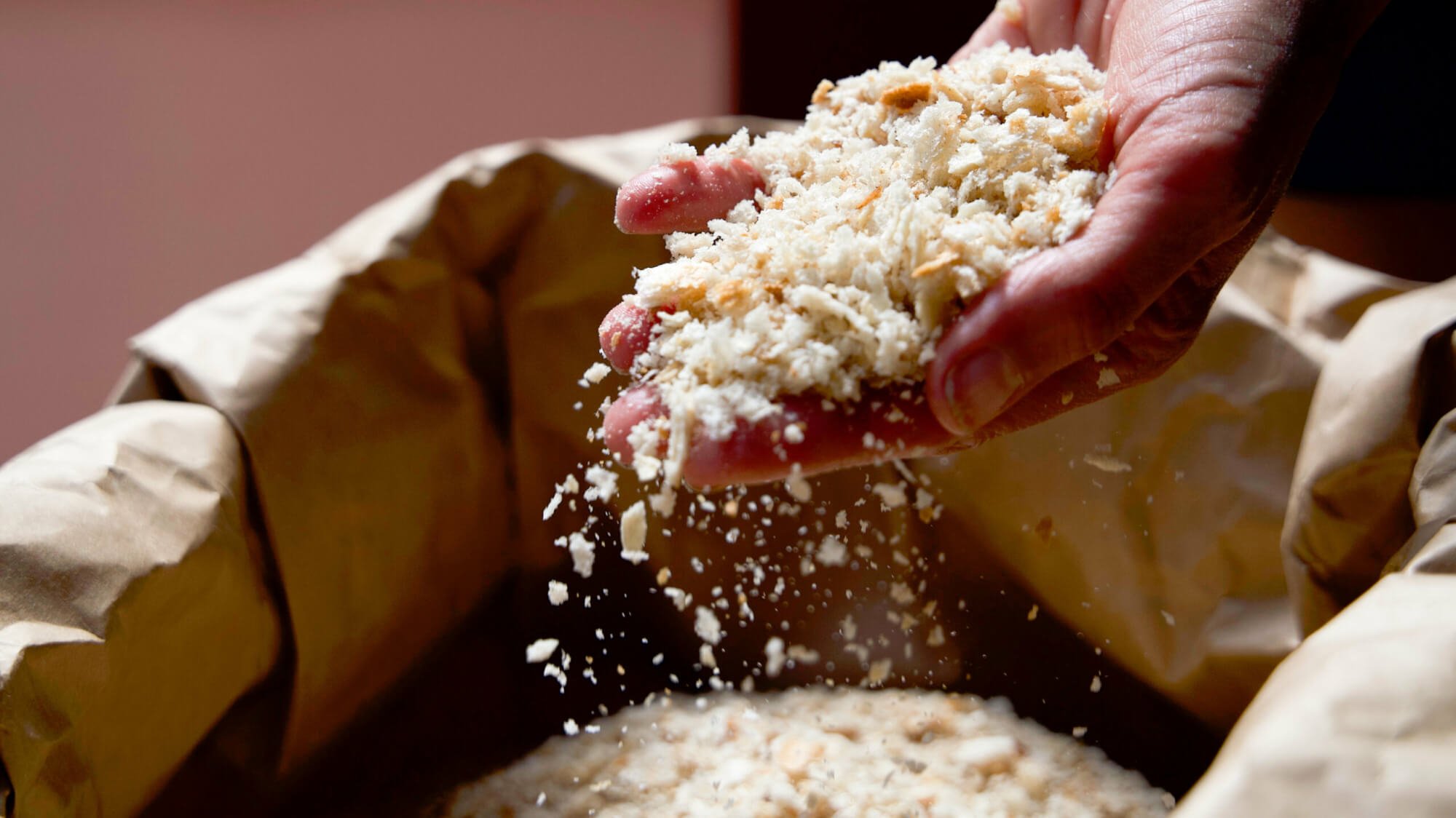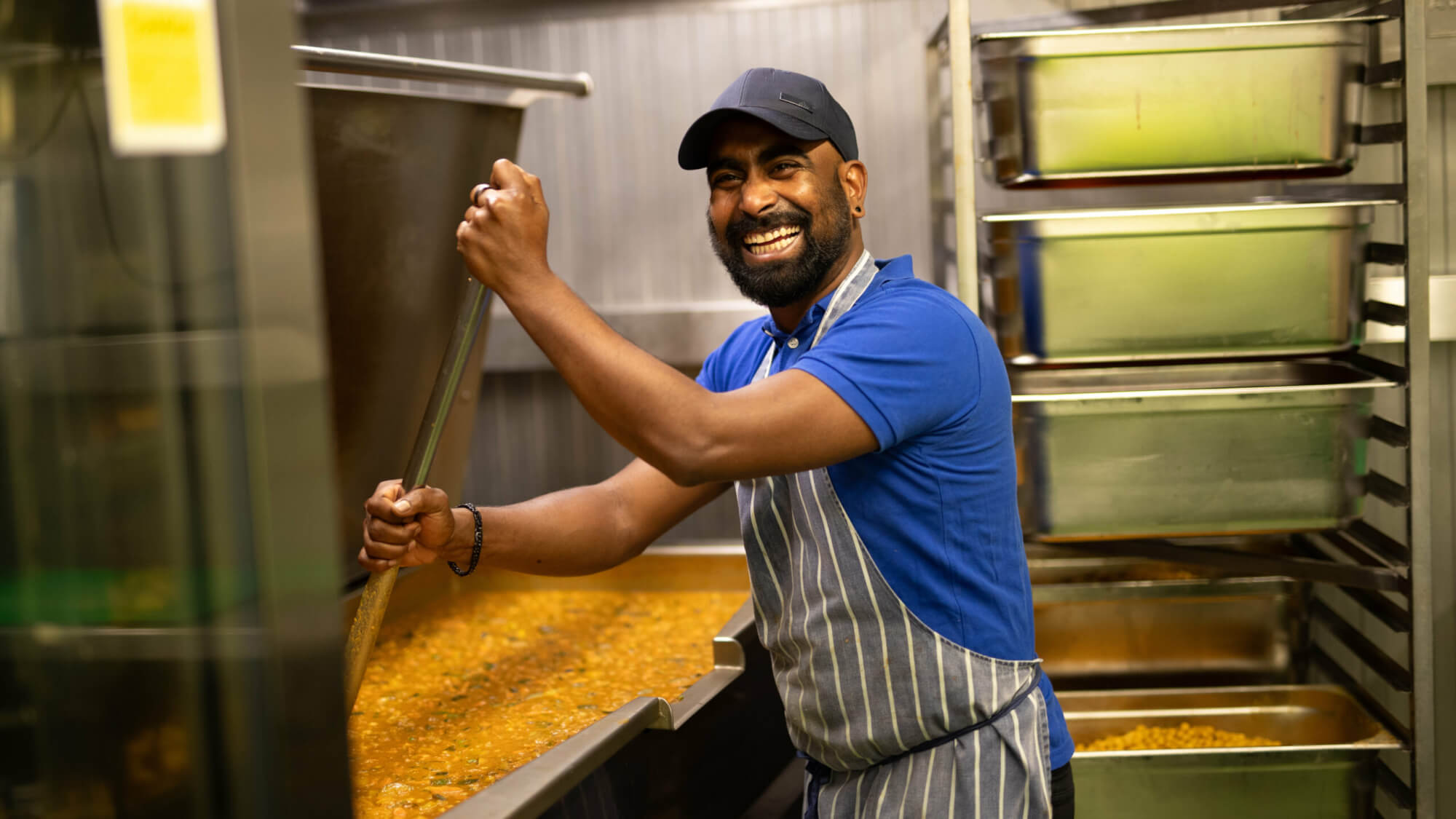Circular Booster
Support given:
Redesign
Thrift+ is an online platform for second-hand shopping and resale. They saw first-hand how much textile waste is generated from clothes that can’t be resold due to lack of quality or damage, and decided to introduce a recycling service alongside their resale proposition to divert this waste from landfill.
With support from ReLondon's business transformation team and the Mayor of London’s Green New Deal fund, Thrift+ tested the feasibility of launching a recycling service. They were able to soft-launch an on-demand clothing recycling service, offering a Recycle Bag to customers who were looking for a responsible recycling option. Thrift+ was able to source and process nearly 3 tonnes of textile waste with its recycling partners in only 6 months, helping divert these from landfill. After launching the recycling service, Thrift+ monitored engagement, orders, and the volume and type of garments collected.What was the challenge?
Thrift+ is an online marketplace that makes it easy for individuals to give garments a second life. Customers simply order and fill a ThriftBag with unwanted clothes and return them to Thrift+ to be processed and resold via their platform. With every sale, customers earn credits that can be spent on second-hand clothes, donated to charity, or redeemed with retail and brand partners (such as FARFETCH, Browns and FatFace).
Through its resale platform, Thrift+ has focussed on processing higher quality, branded clothes, accepting and reselling these via their website and app. By doing this, Thrift+ sellers have already raised over £1.8m for charity and diverted 450,000 items of clothing from landfill and resold.
However, in operating this service, Thrift+ regularly came across the hurdle of dealing with garments unsuitable for re-sale – for example, because these are low quality, cheaply made, dirty, worn-out, or damaged. These types of garments have the added disadvantage of slowing down sorting and resale operations at Thrift+’s facilities.
With the knowledge that as much as 336,000 tonnes of clothing end up in household residual waste in the UK, Thrift+ was aware that they were only seeing a fraction of what was being thrown away. They surmised that they could strengthen their sustainability offering – and streamline their operations – by offering a new Recycle Bag service, targeting clothes which are unsuitable for resale on their platform.
What was the response?
Thrift+ started by testing whether a textile recycling service would be attractive to customers. They conducted surveys, interviews and ran targeted ads – reaching over 400 people – to understand how existing and potential customers felt about this service, and whether this would translate into actual click-throughs.
This research helped Thrift+ understand that their customers want strong guarantees around sustainable and ethical processing of their clothes. Several people voiced concerns about where donated clothes would end up if they were recycled. This often deterred them from recycling at all or made it a morally conflicted decision. The fact that existing recycling solutions are inconvenient made it an additional barrier to clearing out low quality clothes.
Thrift+ was also pleased to discover that people were willing to pay for a recycling service, with >50% citing £5 or more as a reasonable price. This is because the low value of garments, especially those made from synthetic blended materials, would have made it difficult to cover the costs of a free recycling service. This gave Thrift+ confidence that the offer could be commercially viable.
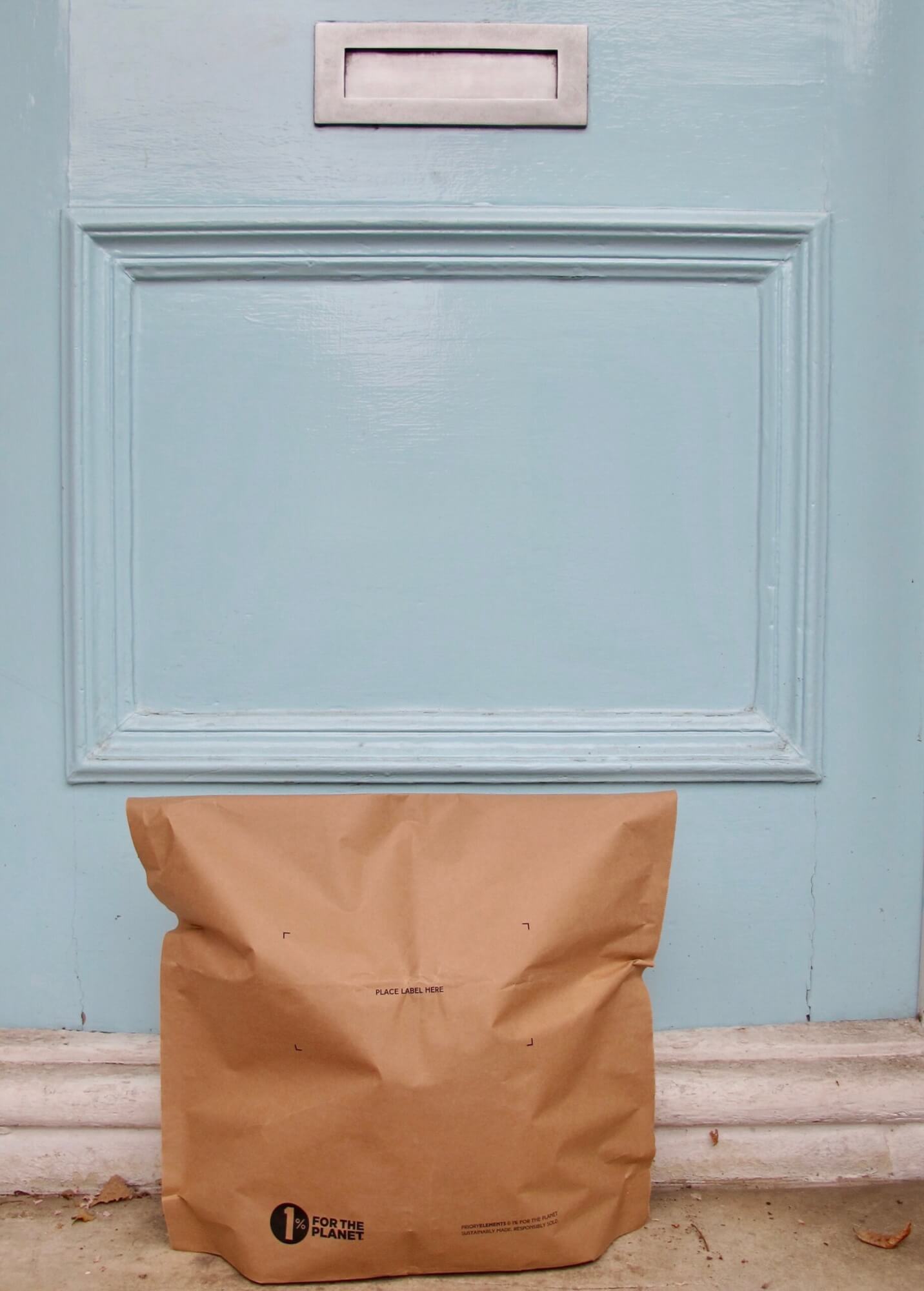
Using these insights, Thrift+ invested significant time into understanding the recycling and reuse network and screening potential partners for those that would meet criteria around values, operations, and reporting capability. Information about the ethical and sustainability credentials of recycling providers was surprisingly challenging to obtain, even with reputable, established providers.
Once suitable partners were found, they launched a 6-month trial recycling service with a sample of existing customers to iron out operational and logistical details of the new service. A thorough analysis of their warehouse processes had to be performed to find the most efficient way to successfully launch and deliver the new recycling service.
“We knew there was a consumer problem to solve: how to make the recycling of low or no value clothing easy and convenient. We set out to explore needs and build and test a viable and attractive solution.”
Jack Scriven, Project Manager at Thrift+
What were the outcomes?
Thanks to ReLondon and the GLA’s Green New Deal funding, Thrift+ was able to design, test and launch a new recycling service for customers. As a result, and in only 6 months, they have managed to source and process nearly 3 tonnes of garments with its recycling partners. This in turn helps tackle the greenhouse gas emissions associated with fashion – numerous studies have shown that re-using clothes helps displace demand for new products and typically requires less energy than recycling or remanufacturing.
In April 2022, Thrift+ launched its recycling service, using Google Ads to target customers searching for terms such as ‘clothes recycling’ and ‘donate clothes’.

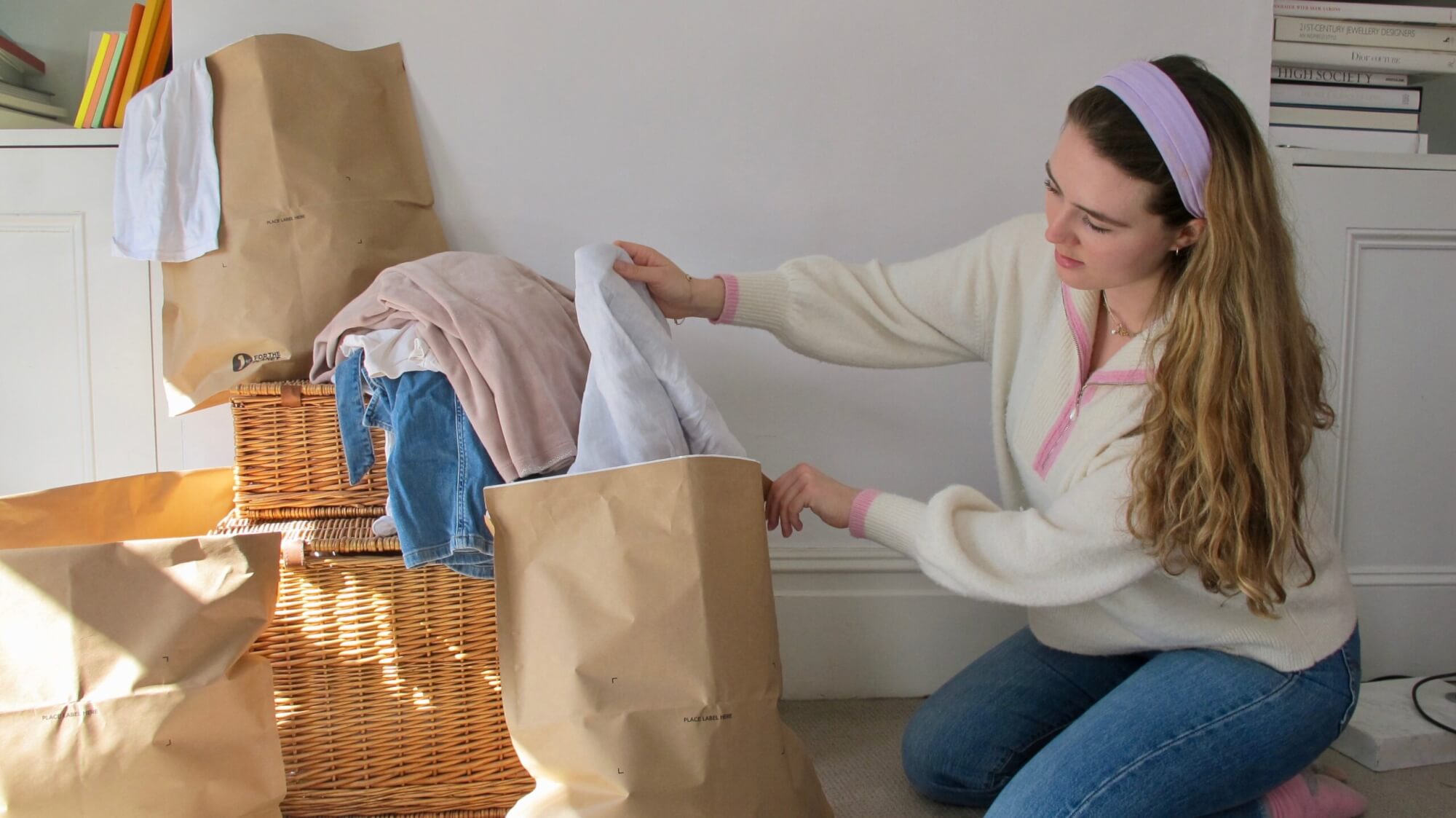
Lessons learned & next steps
A key factor of success for this pilot has been establishing an effective network of recycling partners, as well as testing the demand and willingness to pay with customers, to make the service economically viable.
Aligning the logistics of different circular services – such as second-hand resale alongside recycling – can be challenging. It often requires automated sorting to be economically feasible at scale. If you’re a business looking to introduce a whole new operation, it should ideally use the same logistics and facilities to be cost-effective, as was the case for Thrift+.
Having collected initial insights, Thrift+ will continue to test whether it could sit alongside the core ThriftBag offering. Understanding the volume and type of garments collected has helped them to continuously refine and measure the impact of the service.
“Thrift+ is focused on preventing fashion waste and powering the circular economy for fashion. We knew we wanted to go further that just re-circulating quality items. The GLA's Green New Deal grant and ReLondon have given us the funding and support we needed to explore how we can get even more items back into circulation - not just those that can be resold. ”
Miranda Essex, Head of Growth at Thrift+
Get in touch
Are you interested in partnering with Thrift+? If you’re a charity, brand or retailer, please get in touch with caroline@thrift.plus

